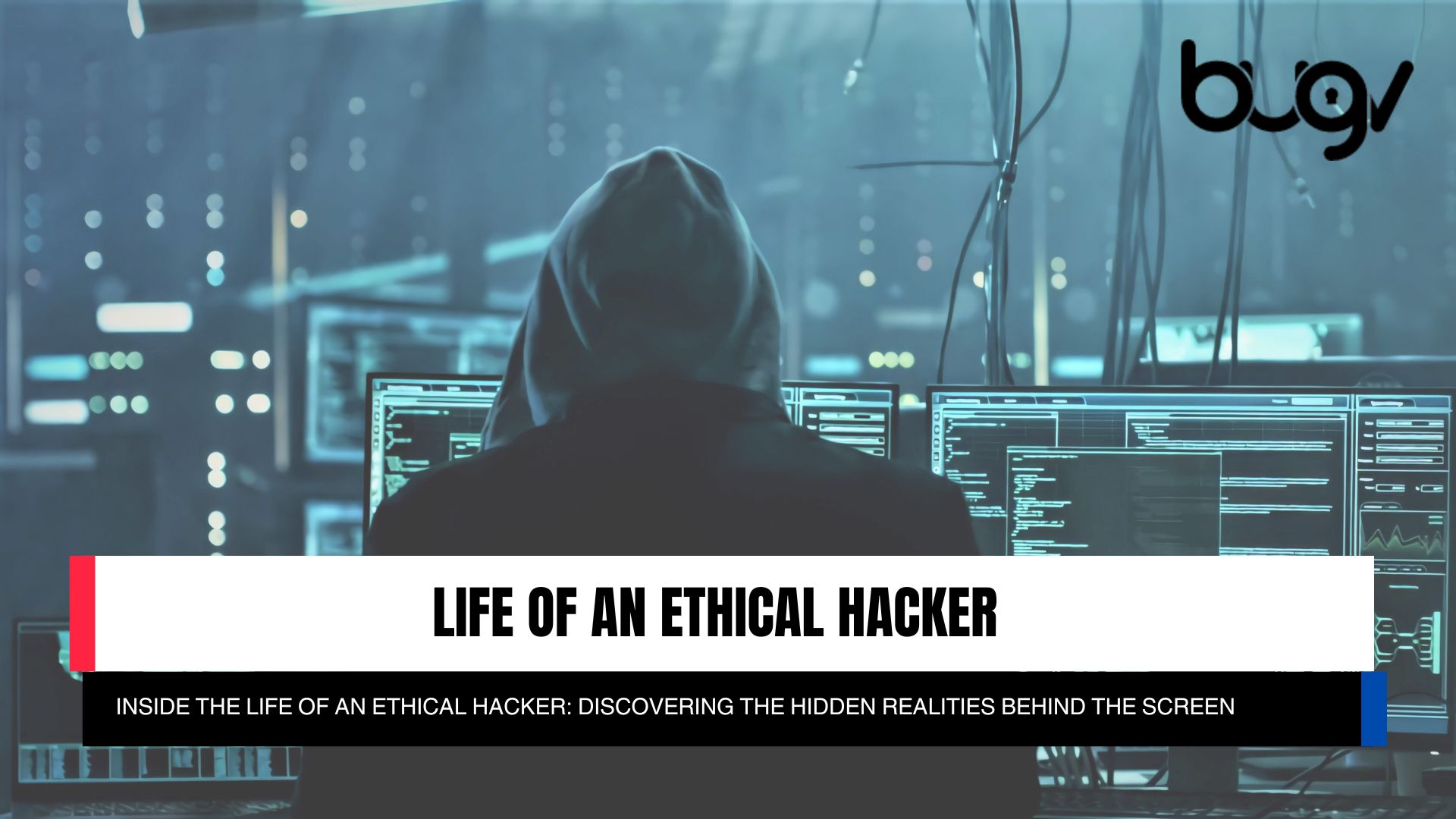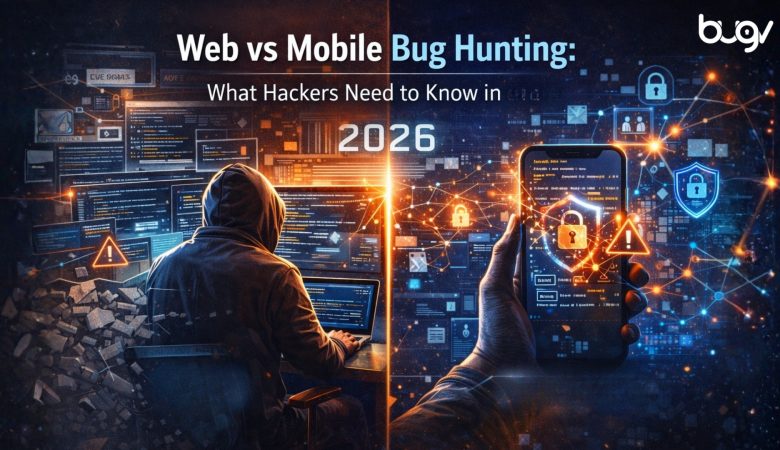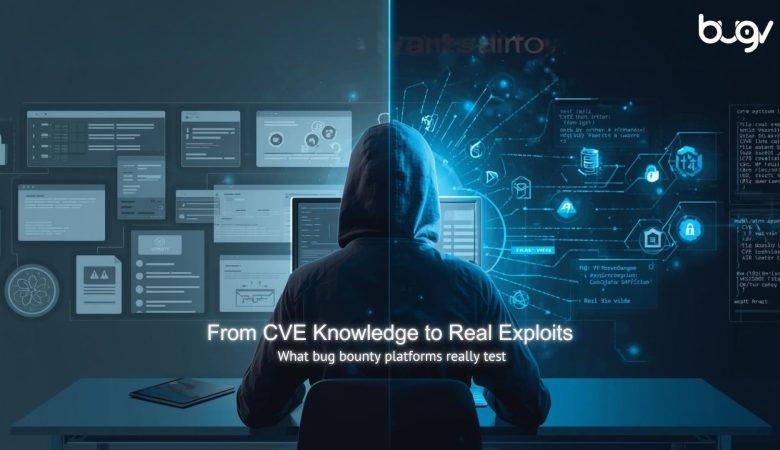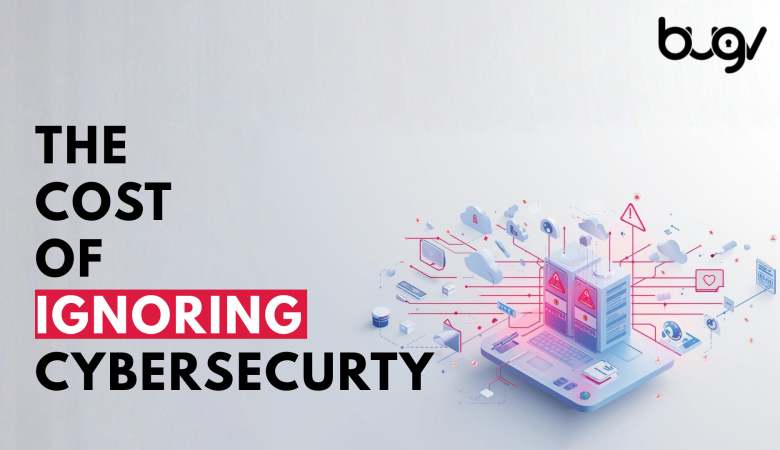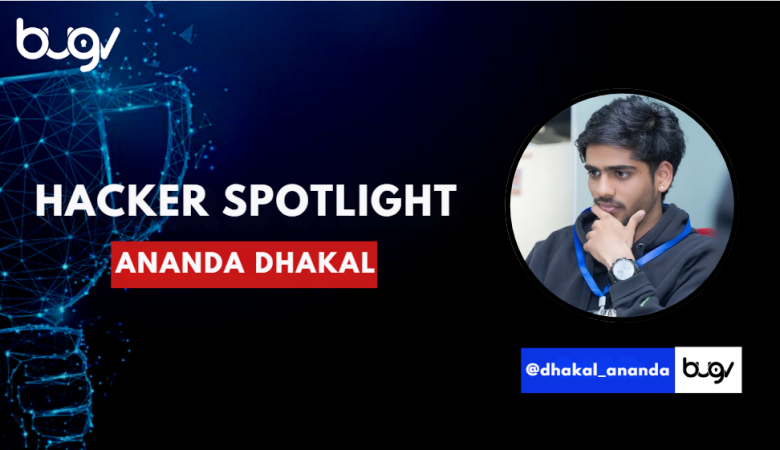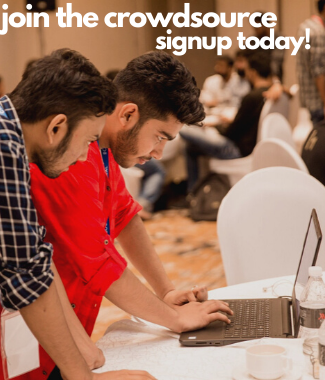Every day begins with a cup of coffee and an endless curiosity to explore the uncharted. In a world that constantly strives for innovation and convenience, the role of an ethical hacker is to find flaws and weaknesses within those advances, ensuring that progress doesn’t come at the cost of security. The job is not just about identifying vulnerabilities but about understanding how technology and human behavior interact—and how to keep both safe.

Mornings: The Hunt Begins
Mornings often start with scanning through a list of ongoing projects. There’s always something waiting—whether it’s a client’s request to test their newly launched app or an open invitation from a bug bounty program that promises a significant payout. Reconnaissance is usually the first step. This involves gathering information, reading through documentation, and making sense of how the system or application functions. It’s like gathering the pieces of a puzzle before you even know what the picture looks like.
After that, it’s time to dive in deeper. Tools like Burp Suite, Nmap, and Metasploit become extensions of the hacker’s hands. Running scans, mapping out networks, and identifying points of entry is meticulous work. This phase requires patience and precision—missing even the smallest detail can mean missing a critical vulnerability. Every successful exploitation starts with a thorough understanding of the target.
Afternoons: The Adrenaline Rush of Finding a Bug
The moment when you discover a bug or a security flaw is electrifying. It’s like finding a needle in a haystack. Sometimes it’s something subtle—a minor misconfiguration or an outdated library. Other times, it’s a glaring issue that opens up the entire system to potential attackers.
But finding a vulnerability is just the beginning. The real work is in exploiting it, documenting it, and then reporting it. Each step has its own challenges. Exploiting a bug may involve crafting custom payloads or bypassing security measures. It’s not uncommon to spend hours—if not days—working on a single bug to see how deep the rabbit hole goes. There are moments of frustration when things don’t go as planned, but the drive to push through and solve the problem is what keeps the momentum going.
Evenings: Documentation and Reporting
Once a bug has been fully explored, the next step is to document everything. This involves writing detailed reports that explain the nature of the vulnerability, how it can be exploited, and what the potential impact is. These reports need to be clear, concise, and precise. The goal is not just to highlight the issue but to ensure the development or security team can replicate it and understand its severity.
Writing reports is a skill in itself. Too technical, and it might go over the heads of some; too simple, and it might not convey the gravity of the issue. Striking a balance is key, and effective communication is what differentiates a good hacker from a great one. Reports are more than just technical details—they are the bridge between discovery and remediation.
The Good: Rewards, Learning, and Impact
There’s immense satisfaction in knowing that the bugs you’ve found can prevent data breaches, safeguard sensitive information, and secure personal data. Ethical hacking allows for continuous learning. The thrill of mastering a new attack technique or understanding the intricacies of a new technology is unmatched. Each vulnerability fixed and each system secured is a step toward a safer digital ecosystem.
In addition, the financial rewards can be substantial. Participating in bug bounty programs can lead to significant payouts, especially for high-severity vulnerabilities. But more than the money, it’s the recognition and respect from the community that’s most rewarding. Being part of a global network of security professionals who understand the intricacies of this work is empowering.

The Bad: Stress, Long Hours, and Uncertainty
It’s not all victories and accolades, though. Ethical hacking can be incredibly stressful. Testing environments are not always straightforward; there are countless variables to consider. A single misstep can mean hours of lost work, and some vulnerabilities are so obscure that they require deep diving into obscure corners of the application or network.
There’s also the pressure to stay relevant. Attack techniques evolve, defenses get stronger, and new technologies emerge. Keeping up with this rapid pace is a relentless endeavor. The fear of falling behind is real, and it’s easy to feel overwhelmed by the sheer volume of information that needs to be absorbed and applied.
Ethical hacking can also be isolating. There are days spent staring at code, running exploits, and troubleshooting issues—often without any human interaction. And while the community is vibrant and supportive, much of the work is done alone, behind a screen.
The Ugly: Ethical Dilemmas and Legalities
One of the toughest parts of the job is navigating ethical and legal boundaries. There are moments when vulnerabilities are found in systems that you didn’t intend to test, raising questions of what to do next. Reporting these issues without legal repercussions or without causing panic requires a nuanced approach.
Moreover, not every organization understands or appreciates the role of an ethical hacker. Misunderstandings and mistrust can lead to awkward situations, if not outright legal complications. The job involves not just technical expertise but also a deep understanding of legal frameworks and ethical considerations.

Reflections: A Constant Push to Do Better
The life of an ethical hacker is a blend of technical prowess, strategic thinking, and ethical decision-making. It’s a life filled with moments of exhilaration and frustration, victories and setbacks. Despite the challenges, the drive to protect, secure, and improve remains unwavering.
Being an ethical hacker is not just about breaking things or finding bugs—it’s about understanding how things work, ensuring they work as intended, and, ultimately, contributing to a safer digital world. The satisfaction comes not just from the hacks but from knowing that every vulnerability found is a step closer to security for millions of users worldwide.
In the end, this journey isn’t defined by the exploits achieved but by the difference made in securing what matters most—our digital lives.





